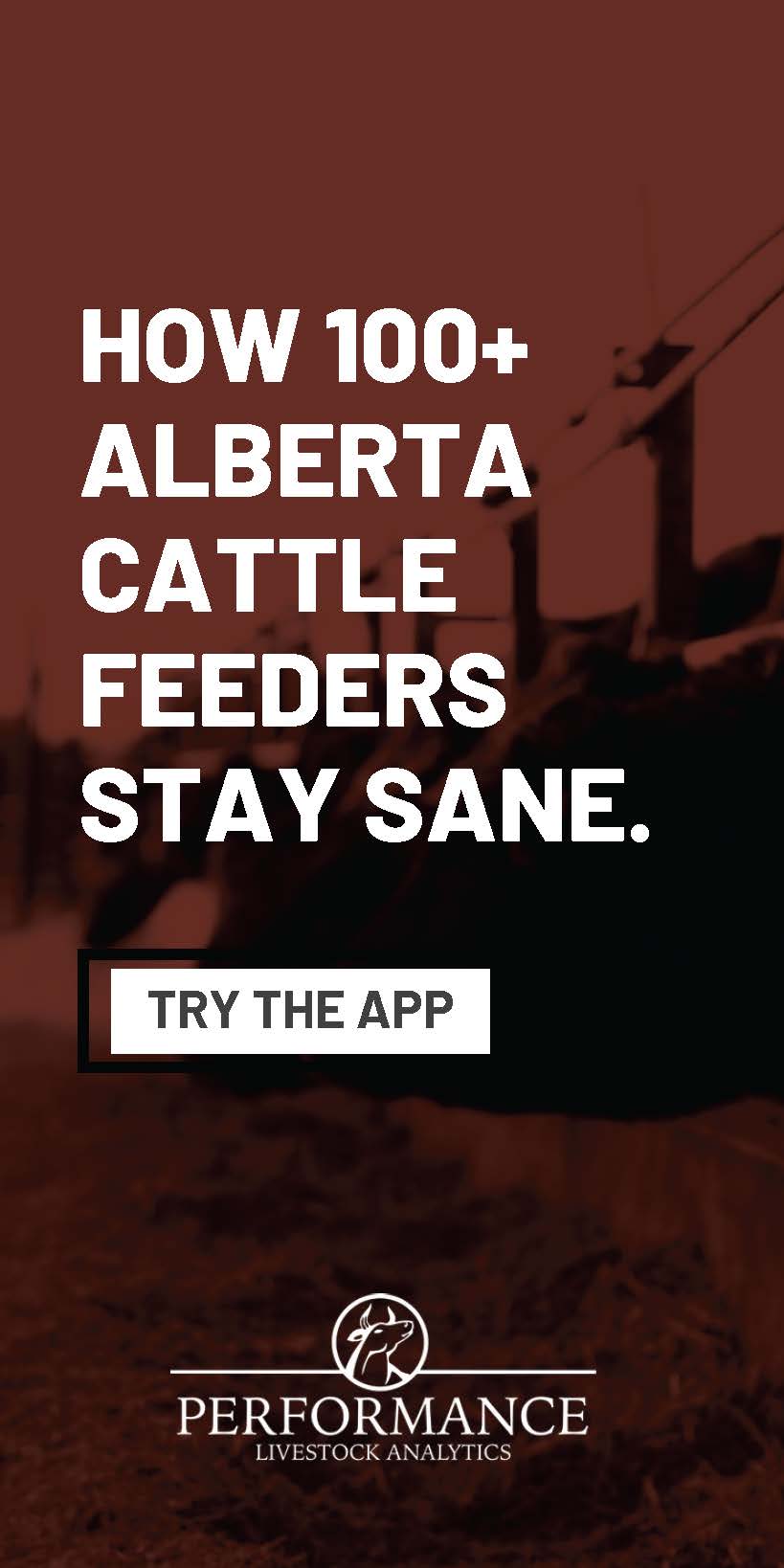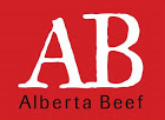According to population predictions, the world’s Muslim population is expected to increase from 1.6 billion in 2010 to 2.2 billion in 2030, an increase of about 35 per cent. Already, almost one in four people on Earth follow Islam. Because Islamic Law requires that any meat consumed by a Muslim must be blessed and slaughtered according to strict religious specifications, this growing population means there is enormous and increasing demand for religiously permissible or ‘halal’ meat. Canadian beef promoters are well aware of halal’s market opportunities both domestically and overseas.
“I wouldn’t say we’ve shifted our strategy but certainly the growing halal market does influence our market strategy,” says Robert Serapiglia, Innovation / Competitiveness and Food Safety Manager for Canada Beef, Canada’s domestic and international beef marketing body. “There will always be price sensitive buyers and quality sensitive buyers. We sell a premium product so look to realise premium prices. The growing Muslim population, especially in wealthier areas, means there are increasing opportunities to promote the Canadian Beef Advantage to lucrative niche and emerging markets.”
Here at home, the Muslim population is the fastest growing population in Canada.
“We see an increase in domestic demand for halal and, currently, limited offerings ,” says Serapiglia. “As far as premiums, it’s yet to be determined what the halal consumer is willing to pay here in Canada. Is price their motivator or are they looking for quality? Our activities focus on premium market quantities where price and volume are not the main drivers.”
While our domestic market remains Canada Beef’s priority market, Canada only consumes a little more than half of what it produces. Therefore, it works very hard to market the rest of our product to international markets from which we can capture the best premiums.
Just how big is the halal market? According to Thompson Reuters, today’ total global halal food industry is estimated at $1 trillion and growing quickly. Not surprisingly, much of this market is centered around MENA (the Middle East and North Africa). In spite of the region’s poor agricultural conditions and low supply of water, its people are well fed because the region boasts very significant fossil fuel wealth. According to the Economist’s Intelligence Unit, total halal food imports to the Arabian Gulf are expected to more than double to $53.1 billion by 2020, $8.4 billion of which would be imported by the United Arab Emirates (UAE) alone.
“The Middle East North Africa (MENA) region is a major net importer of premium halal beef and a market where we can capture higher premiums. We can get at least double the price versus what we can capture in the domestic market,” says Serapiglia. (It should be noted, of course, that the input costs – especially transport – are much higher for exports compared to domestically sold product).
Over the past five years, Canada Beef has very actively promoted Canadian beef and veal products to the Middle East. Their efforts are paying off. According to Statistics Canada, Canada’s exports of beef and veal to MENA for Sept 2013 YTD was $15.1 million or 3,123 tonnes, up more than 200 per cent in value and more than 70 per cent in volume over the year previous. As Statistics Canada further reports, the average Canadian beef price for the MENA region was $4.8/kg. And, values were much higher than that in certain key areas: prices averaged as high as $10.81/kg in Saudi Arabia and $8.36/kg in the UAE, both of which require all beef imported from Canada to be halal certified. Because of the premium pricing in the UAE and Saudi Arabia, Canada Beef has centered the majority of its MENA marketing efforts on these two wealthy nations.
According to Canada Beef’s November 27th, 2013 Global Market Intelligence Report, “There is the potential for an improved return on investment for producers raising beef and veal for ritual slaughter. Domestic markets have a limited market share in these categories where export markets are willing to pay a premium.”
Europe’s rapidly growing Muslim population is creating growing demand for product both because of the sheer size of demand and because certain European countries are unable to produce any of their own halal certified meat. At issue is the fact that much debate surrounds whether halal slaughter, which requires an animal’s death to occur from bleeding out, is humane. While some Muslims allow prior or concurrent stunning, most Muslims will accept meat as halal only if the animal is fully conscious at such point that it is given a single cut across the neck.
Currently, Norway, Iceland, Switzerland, Liechtenstein, Denmark and Sweden have all outlawed ritual (halal and kosher) slaughter, requiring instead that an animal be stunned prior to slaughter. Latvia, Estonia, and Finland allow a cut to be made to an animal’s throat, as per halal requirements, but demand the animal be stunned simultaneously or immediately after to limit pain. And, as recently as early March of this year, Britain’s top vet was likewise calling for a ban on halal slaughter across the UK
While many countries are very strict in their stunning requirements, these same countries accept imports of meat from animals slaughtered without stunning. As no law exists in Canada limiting halal slaughter, other countries’ limitations on ritual slaughter provide a market opportunity for Canadian Beef.
Currently, Cargill’s Ontario plant is halal certified, as are some smaller plants including Sunterra Meats Ltd in Innisfail, Canadian Premium Meats Inc. in Lacombe, and St Helens Meat Packers and Ryding Regency Meat Packers, both in Toronto, Ontario. In reality, so long as it is able to develop a system to ensure the segregation of halal and non-halal product, any plant is capable of halal slaughter as there is no additional equipment or different mechanics compared to commodity slaughter required.
Serapiglia does not expect halal slaughter limitations to be placed upon Canadian cattle, mostly because Canadian consumers view meat differently than their European counterparts.
“The debate about whether halal (non-stun) slaughter is humane or not is really subjective. The slaughter process regardless of how it is done and as humane as we can make it doesn’t make people feel very good,” says Serapiglia.
“We’ve seen extremes in Europe where they ban this type of slaughter. But, the Canadian consumer seems to want to displace themselves from the animal. They know beef is part of their diet and is a very enjoyable eating experience but they don’t really want to envision the whole harvest process. So, here in Canada I don’t think we’ll see much resistance.”
With ever more halal-abiding mouths to feed, halal markets are yet another reason it is good to be a Canadian beef producer.




